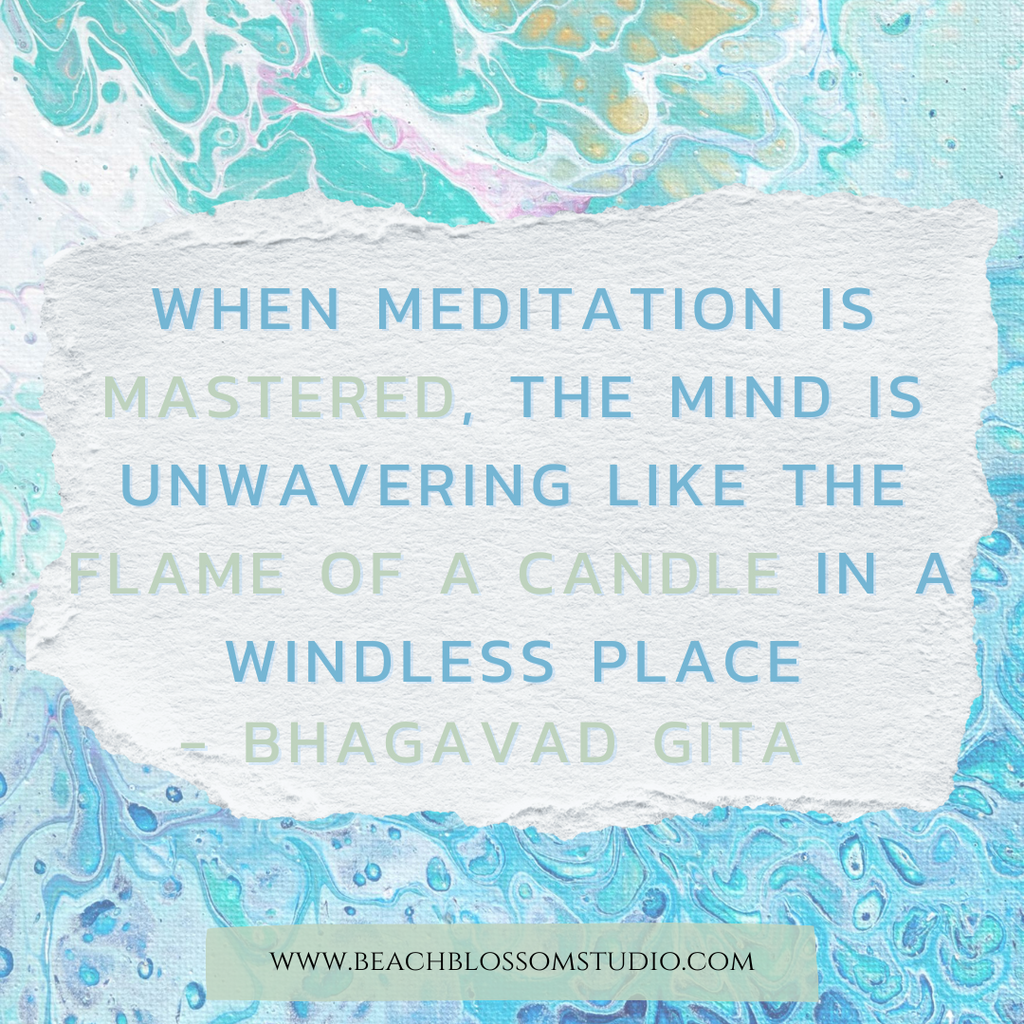In life's journey, one constant desire that resonates with people across cultures and backgrounds is the pursuit of self-improvement and motivation. Whether striving for personal growth, professional success, or a better quality of life, the quest for self-improvement is deeply ingrained in the human experience. But what are the essential keys to unlocking this path of growth and motivation? In this article, we will share some fundamental principles that can guide you towards a more fulfilling and empowered life.

Inspiration
Being inspired is super important when you want to stay motivated and become a better version of yourself. If you're not excited about what you're doing, you won't feel very motivated, and you'll probably lose interest pretty quickly.
Take a good look at how inspired you are. Do you feel happy about going to work, or does it feel like something you have to do? It might surprise you to know that many people pick a job or start a business that seems good on paper, but deep down, they're not really into it.
Now, here's the thing: if you're not genuinely interested, you'll start feeling tired and uninterested in no time. This is especially true when you face tough times, which is pretty common if you're running a small business.
If your work doesn't make you happy, it's a good idea to figure out how to change things. Maybe you can adjust your small business to match what you like better. Or perhaps it's time to think about a whole new direction. Without inspiration, you won't feel motivated to even start working on making yourself better.

Setting Goals
Setting goals, whether they're for the short or long term, is super important for everybody. If you don't have goals, you won't have a clear idea of where you're going and how you can make yourself and your business better.
Imagine this: How can you feel excited and motivated if you're not sure which way you or your business is headed?
So, take some time to jot down your goals. You might hear "business plan" and think it's complicated, but it's actually just a bunch of goals, plans, actions, and a budget. Make your own business plan and give it a little update every year.
Inside this plan, include some "mini-goals" that you can finish up in a few hours, days, or weeks. Also, add some bigger "grand goals" that might take a while, even a few years, to achieve. Whenever you're in doubt, peek at this plan to remind yourself.
But here's the cool part: Can a business plan actually boost your motivation? Totally! Having your goals written down will make you feel more serious and more attached to your business. Plus, it saves you from having to create new goals for your business every single day. Having a plan keeps you on track!
Networking
Another really important thing for staying motivated is connecting with other small business owners. No one person has all the answers, you know?
When a bunch of people team up, those challenges that seem big? They become way more conquerable.
You know, being on your own while working is hard when you're an entrepreneur. You can't really march down the road of self-improvement alone. Having pals who understand you is like a boost of motivation.
Here's a simple tip: link up with others, either in your neighborhood or on the internet. Even if your businesses aren't the same, you'll often find stuff you can work on together.
When you work together in a group like this, you can help each other find better leads for sales and figure out problems faster.
Continuous Learning
The pursuit of self-improvement goes hand in hand with the commitment to lifelong learning. Whether it's acquiring new skills, exploring new hobbies, or expanding your knowledge base, the process of learning keeps your mind engaged and open to new possibilities. This could involve formal education, reading books, attending workshops, taking online courses, or even learning from personal experiences. Every piece of knowledge gained adds to your personal growth and motivation.

Surround Yourself with Positivity
In the journey of life, the people and influences around us play a significant role in shaping our experiences and perspectives. Surrounding yourself with positivity is like curating your very own support team, and it can make a world of difference in your mindset and motivation.
Think about it this way: When you're around people who radiate positivity, their good vibes can rub off on you. Their optimism, encouragement, and cheerfulness can uplift your spirits, making you feel more optimistic about your own journey. These individuals become sources of inspiration, providing the kind of energy that helps you tackle challenges with a brighter outlook.
It's not just about the people you interact with in person; it's also about the content you consume. Reading uplifting books, watching motivational videos, or listening to inspiring podcasts can have a profound impact on your mindset. When you fill your mind with positive thoughts, you create a mental environment that nurtures growth, resilience, and self-improvement.
During tough times, having a support system of positive people can be incredibly beneficial. They can offer insights, advice, and encouragement that help you navigate challenges with a more determined spirit. This network of positivity serves as a buffer against negativity and self-doubt, allowing you to maintain focus on your goals.
Moreover, the power of positive influence extends beyond personal interactions. The environment you create for yourself—both physically and mentally—sets the tone for your journey. If you surround yourself with reminders of your achievements, goals, and the progress you've made, it reinforces your commitment to self-improvement. A workspace adorned with motivational quotes, vision boards, or reminders of past successes can be a constant source of encouragement.
Final Thoughts
By unlocking these keys and integrating them into our daily lives, we open doors to a more empowered and fulfilled existence. Remember that self-improvement is an ongoing journey, and every step you take brings you closer to the empowered and motivated individual you aspire to be.













